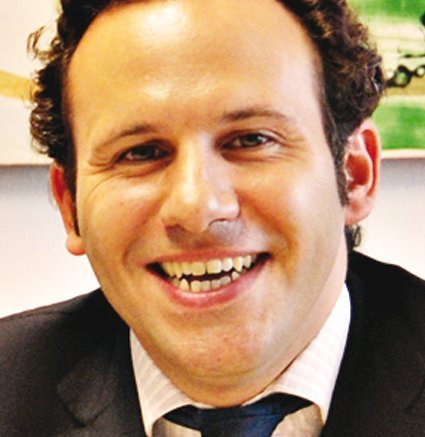Directors’ obligations in an insolvency situation – Serra Lopes Cortes Martins & Associados
Company directors may find themselves not only personally liable for creditors’ losses in the event that they continue to operate a company while insolvent but also criminally liable
A very significant consideration in company insolvencies are the rights and obligations attached to the actions of its Directors and Board both in the run-up and during an insolvency process, says Luís Miguel Cortes Martins, partner at Lisbon corporate firm Serra Lopes Cortes Martins & Associados.
“There are very defined situations in which a company is deemed to be insolvent and company directors have therefore to be aware at what point specific obligations are imposed on them to file for bankruptcy, and the ramifications if they do not.”
Under Portuguese law, a company is deemed insolvent when either the volume of debt the company holds is higher than the value of its assets or when a company does not have sufficient liquidity to make payments due in the short-term.
“In practice however the global drop in equity and asset values has meant that many still viable companies may be operating while technically insolvent, so what has taken on much more significance has been the ability of a business to meet its ongoing debt obligations.”
Directors have therefore to be able to understand how vulnerable their business is to a downturn in the value of its assets, and more fundamentally when it faces real cash flow problems.
“There is a danger that in a situation in which a company cannot meet its repayment obligations the Directors may find themselves financially liable for their creditors’ subsequent losses, as well as any damages imposed, but also potentially facing criminal liability,” says Cortes Martins.
In practice criminal prosecutions are rare but the threat is there. “What is much more common is for Directors to face personal responsibility for the losses incurred by their creditors. If they are considered responsible for negligent conduct, namely by not filing for bankruptcy in due time, then a criminal prosecution may also follow.”
Cortes Martins notes that company Directors often avoid filing for insolvency until it is much too late to reach any credible agreement with the creditors, or at a point where losses are recoverable. There are established time limits in which insolvency proceedings must be started once the Directors become aware of the need to do so.
Directors need also to be aware that particular issues arise in the event of a group of companies, says Cortes Martins.
“There is no specific provision under Portuguese law for the insolvency of a group of companies (there only some procedural remedies but these are insufficient). So, in many situations it is better to start by presenting the holding company for insolvency in order to avoid filling for a large number of filial companies. In the latter situation, a different insolvency process will be required for each business with no ability to combine the actions before a single Judge.”
Normally, the Directors of the group of companies will be common while the financial problems facing one company will likely be shared by others across the Group. Presenting the parent can therefore make the insolvency process much more efficient, avoiding a great deal of procedural duplication and cost, and may increase the chances of saving specific businesses.
“Again in order to avoid extended and substantial financial liability for the losses incurred by the Group’s creditors, as well as the potential for criminal prosecution, the Board of Directors must act carefully, which means being aware of all the necessary facts and ensuring they have received the right advice,” says Cortes Martins.
The regulation of companies may be predominantly found with the Portuguese Companies Code, but some of the provisions it contains
are superseded by specific obligations found within the Portuguese Insolvency Code. “The primary obligation is to avoid damaging the rights of creditor and
by continuing to operate a company while it is materially insolvent, the Directors may find themselves heavily exposed.”












